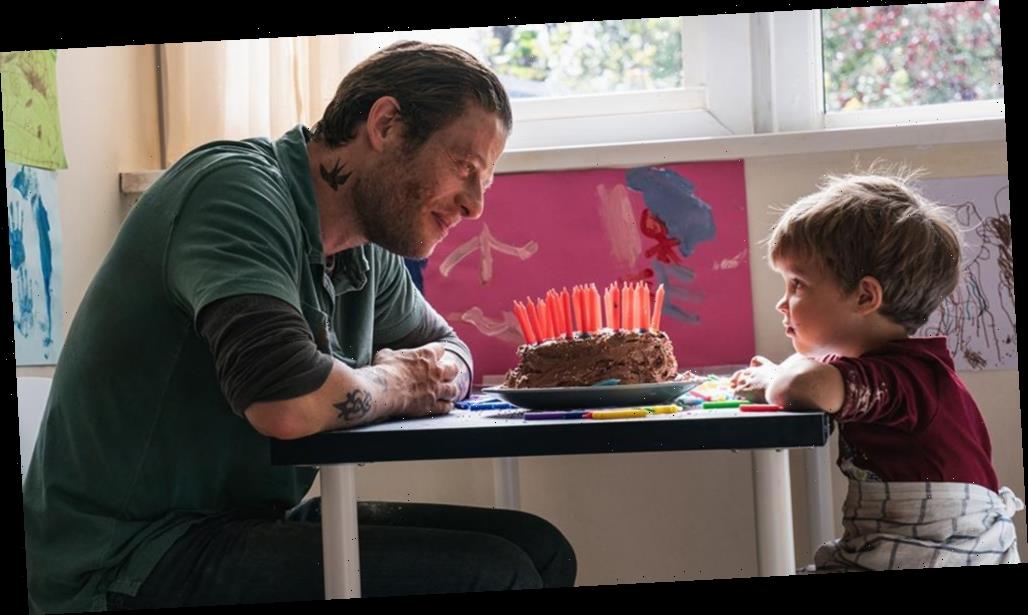Speaking at a panel event on Friday held as part of the Venice Production Bridge, the Venice Film Festival’s industry section, a trio of industry heavyweights argued that in order to keep the continental film and TV business competitive in a period marked by change and unrest, the European Commission would have to free up capital for the sector, and develop a shared subscription VOD platform.
The panel, entitled “Fostering Recovery and Building Resilience: Audiovisual as a Key Industry for Europe’s Growth,” and organized by the European Film Forum, opened with remarks from Biennale president Roberto Cicutto, the European commissioner for internal markets, Thierry Breton, and Italian secretary of state for culture, Anna Laura Orrico.
Cicutto began by stressing the need for cooperation, and was followed by Breton, who spoke in broad terms about the European Commission’s plans to rebuild consumer confidence while developing new audiences; Orrico rounded out the first set of speakers by emphasizing the €350 million ($414 million) the Italian government earmarked for production tax credits in its last economic relaunch bill.
Then panelists Laurence Herszberg, general director of TV series event Series Mania, Jan Mojto, chief exec of film and TV finance and sales companies Beta Film and Beta Cinema, whose “Nowhere Special” (pictured) premieres in Venice, and Mario Gianani, CEO of production company Wildside, took the stage – digitally, of course – and did not pull any punches when pushing the European Commission for more robust intervention.
“This is industry is more than just culture,” said Gianani. “It’s like healthcare, education, defense. The strategic importance of our business is [vast].”
The producer behind crossover projects like “The Young Pope” and “My Brilliant Friend,” which have found success around the world, Gianani argued that in order to compete on the international scene, European players needed to be given the room to grow.
“We need policies that enable small producers to be more ambitious than before,” he said. “We’re not asking for protection or assistance; we need easier access to credit lines in order to develop [on the same scale] as American producers.”
As Gianani saw it, easier access to credit would allow European players to scale up in order to attract international talent, while new policies allowing those producers greater I.P. profit participation would help finance such expansion.
Herszberg echoed those questions of scale. “We need solutions on the European level,” she said. Noting that the EU’s €750 billion ($888 billion) stimulus plan would be divided state by state, Herszberg argued for more coordinated action on a continent-wide basis. “If we go on working on a state level,” said Herszberg, “we will lose all our strength.”
All three participants agreed that a single, SVOD point-of-access would be integral to keeping the industry competitive, and shared different views as to what role European commissioners should play in that project.
“The platform could not come from the state, nor the European Commission,” Mojto said. “It would have to come from private initiatives; it has to come from the market. On the EU level, what we need are the conditions and support for such a project. ”
Herszberg built on that idea. “We do have to build a network of [private actors] who want to work together,” she granted. “And the government can help with that by funding such an initiative.”
Source: Read Full Article
